Former U.S. Diplomat Slams Trump’s Latin American Tactics, Drawing a Startling Comparison to Tony Soprano
John Feeley, the former U.S. ambassador to Panama who resigned during Trump’s initial term over policy disagreements, has issued a vehement critique of President Donald Trump’s approach to Latin America. Feeley compared the president’s behavior to that of Tony Soprano, the notorious fictional mob boss, and even evoked the ancient historian Thucydides—whose famous line, “the strong do what they can and the weak suffer what they must,” he argues perfectly encapsulates Trump’s worldview.
A Bold and Aggressive Regional Focus
In a surprising shift from expectations, Trump wasted no time in the early days of his presidency by aggressively targeting Latin America. His actions ranged from threatening to “take back” the Panama Canal and accusing Mexico’s government of collusion with drug traffickers, to dispatching envoys to engage with Venezuelan leader Nicolás Maduro and clashing with Colombia’s President Gustavo Petro over deportation policies. Feeley asserts that these moves reveal a leader who uses America’s vast military and economic clout to impose his will on nations that, in his view, can only endure the consequences.
A Mafioso Worldview in International Relations
Feeley painted a picture of Trump as a figure who leverages asymmetrical power much like a mobster, adept at reading where his influence can secure concessions. By drawing parallels to both Tony Soprano and the ruthless strategies documented by Thucydides, he argued that Trump’s “bully-boy” tactics are designed to exploit the relative weakness of Latin American states. According to Feeley, this approach—characterized by intimidation, coercion, and transactional deals—echoes the cutthroat methods seen in Trump’s earlier business dealings in Queens, where discriminatory practices were once alleged.
Political Posturing Versus Genuine Policy
Despite the bluster, Feeley was quick to dismiss the likelihood of some of Trump’s more extreme threats becoming reality. He argued that the president’s talk of reclaiming the Panama Canal, for instance, was merely posturing. With a foreign policy rooted in isolationism—eschewing long-term military commitments abroad—Trump’s moves are more about signaling power than enacting sustainable strategy. Feeley also contended that Trump’s outreach to Maduro was driven by immediate political calculations, such as facilitating deportation flights, rather than a genuine interest in Venezuela’s natural resources, which he claimed are unnecessary given America’s record oil and gas production.
A Call for a Return to Core Values
Expressing deep disillusionment, Feeley lamented what he sees as the betrayal of America’s longstanding values. He decried an approach to international relations that prioritizes short-term gains and raw power over alliances, human rights, and decency. In his view, Trump’s policies not only compromise the strategic integrity of U.S. foreign policy but also reflect a broader degradation of the nation’s democratic principles.
As debates over America’s role on the global stage continue, Feeley’s pointed critique serves as a stark reminder of the potential costs of a foreign policy driven by bullying tactics and transactional relationships.

























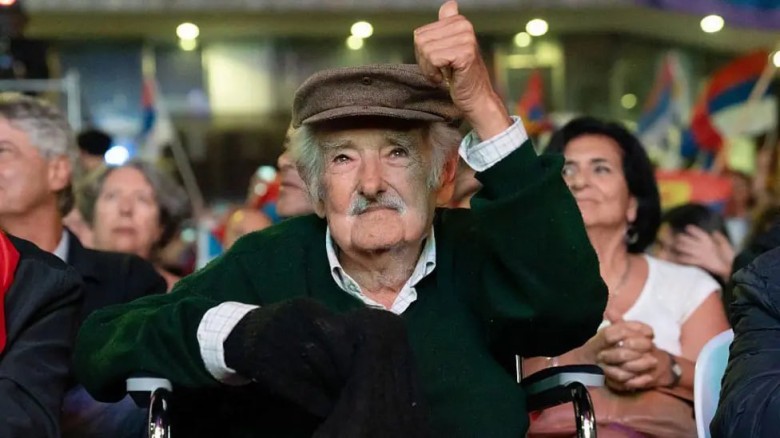
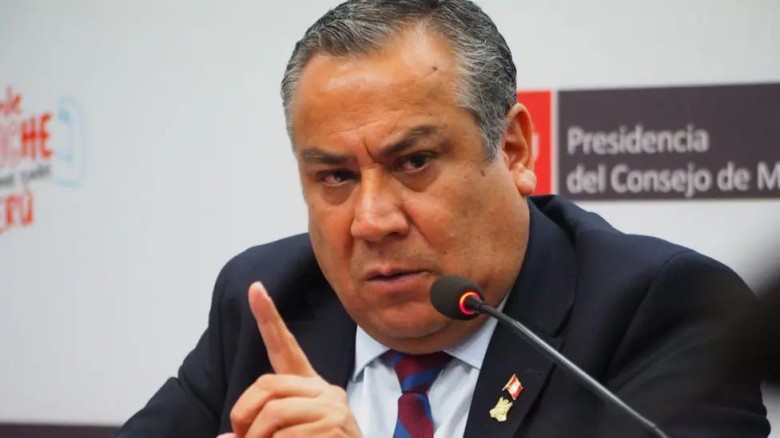

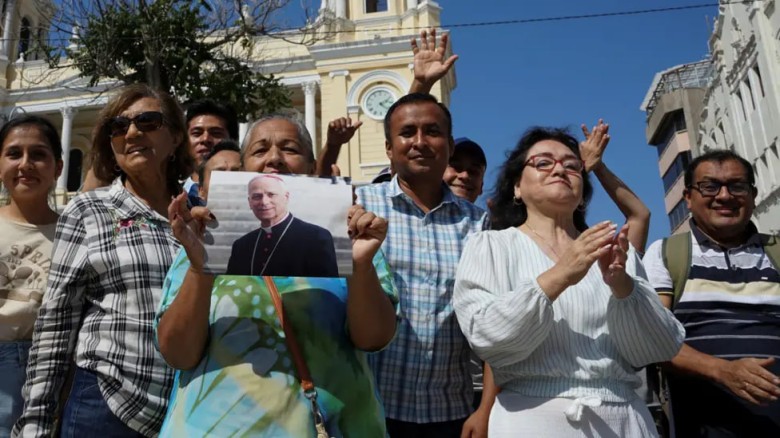




















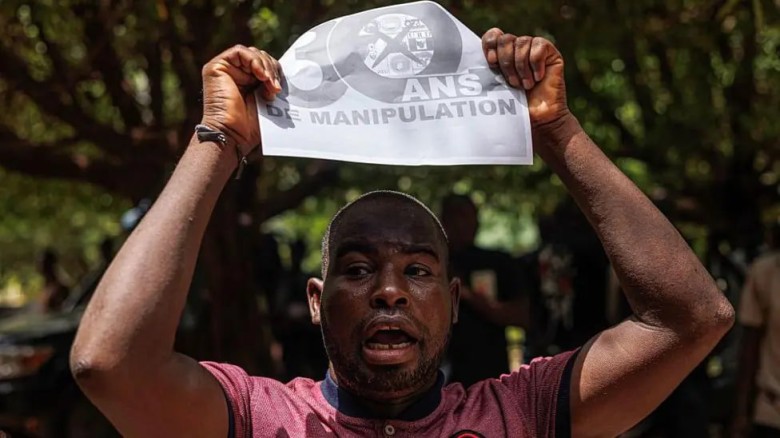




















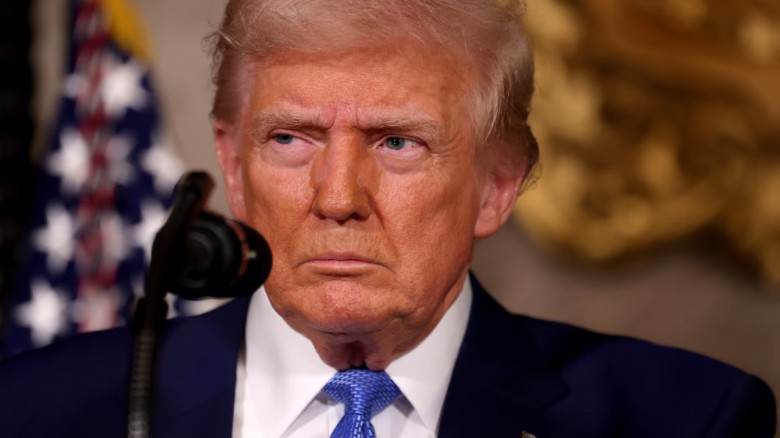


Leave A Comment